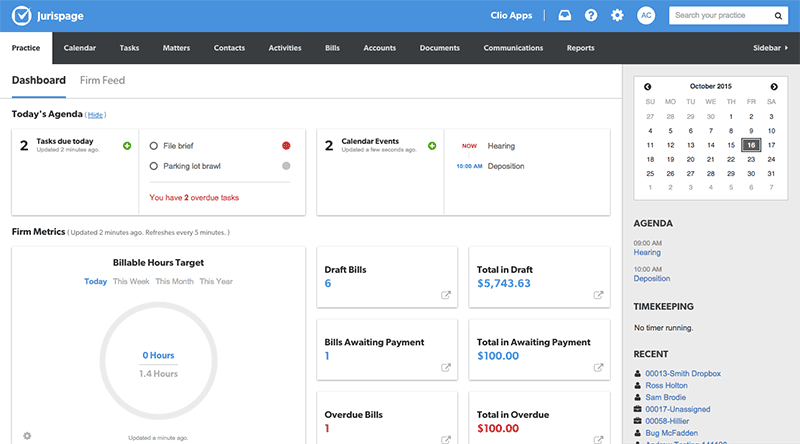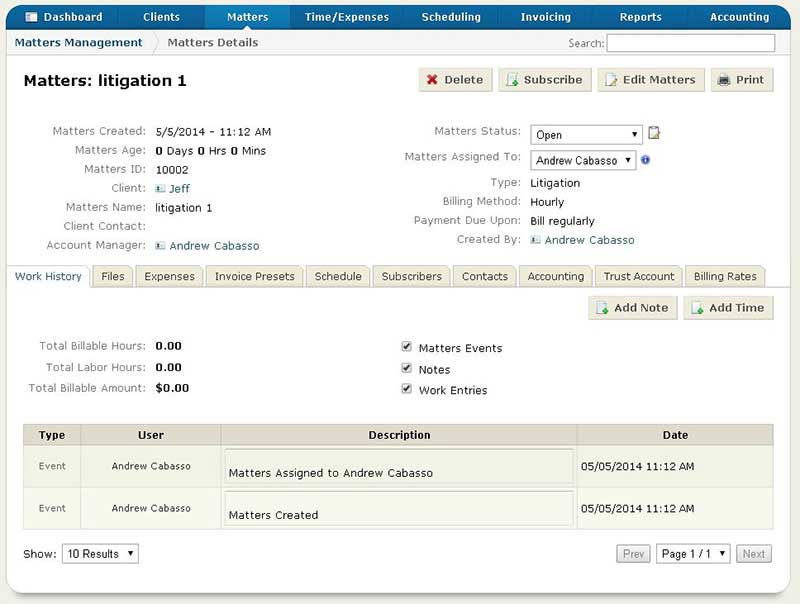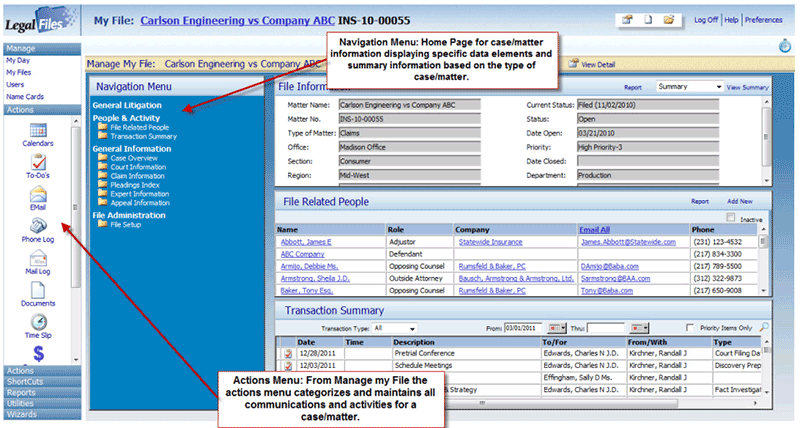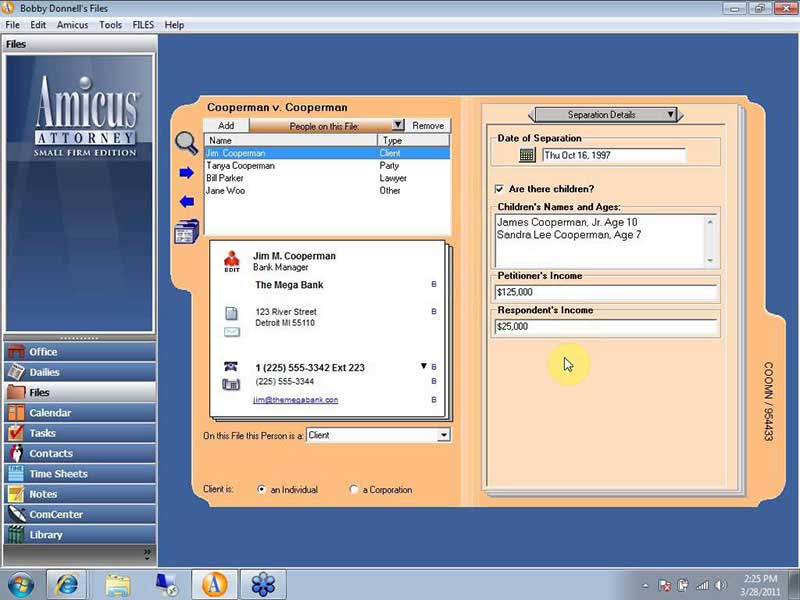Legal Research is the process of identifying and retrieving information necessary to support legal decision-making. It begins with an analysis of the facts of a problem and it concludes with the results of the investigation. Legal research skills are of great importance for lawyers to solve any legal case, regardless of area or type of practice. The most basic step in legal research is to find a noteworthy case governing the issues in question. As most legal researchers know, this is far more difficult than it sounds.
Try our all-in-one Legal Practice Management Software Free Sign Up Now!
Whether you are a Lawyer, a paralegal, or a law student, it is essential that Legal research is done in an effective manner. This is where the methodology comes into play. Different cases must be approached in different ways and this is why it is important to know which type of legal research methodology is suitable for your case and helpful for your client.
Read Also: Here is the Importance of Legal Research in Legal Practice
Different Types of Legal Research
1) Descriptive Legal Research
Descriptive Legal research is defined as a research method that describes the characteristics of the population or phenomenon that is being studied. This methodology focuses more on the “what” of the research subject rather than the “why” of the research subject. In other words, descriptive legal research primarily focuses on the nature of a demographic segment, without focusing on “why” something happens. In other words, it is a description based which does not cover the “why” aspect of the research subject.
For example, a lawyer that wants to understand the crime trends among Mumbai will conduct a demographic survey of this region, gather population data and then conduct descriptive research on this demographic segment. The research will then give us the details on “what is the crime pattern of Mumbai?”, but not cover any investigative details on “why” the patterns exist. Because for the lawyer trying to understand these crime patterns, for them, understanding the nature of their crimes is the objective of the study.
2) Quantitative research
Quantitative Legal Research is a characteristic of Descriptive Legal Research Methodology that attempts to collect quantifiable information to be used for statistical analysis of the population sample. It is a popular research tool that allows us to collect and describe the nature of the demographic segment. Quantitative Legal Research collects information from existing and potential data using sampling methods like online surveys, online polls, questionnaires, etc., the results of which can be depicted in numerical form. After careful understanding of these numbers, it is possible to predict the future and make changes to manage the situation.
An example of quantitative research is the survey conducted to understand the turnaround time of cases in the high court and how much time it takes from the time the case is filed until the judgment is passed. A complainant’s satisfaction survey template can be administered to ask questions like how much time did the process take, how often were they called to court, and other such questions.
3) Qualitative Legal Research
Qualitative Legal Research is a subjective form of research that relies on the analysis of controlled observations of the legal researcher. In qualitative research, data is obtained from a relatively small group of subjects. Data is not analyzed with statistical techniques. Usually, narrative data is collected in qualitative research.
Qualitative research can be adopted as a method to study people or systems by interacting with and observing the subjects regularly. The various methods used for collecting data in qualitative research are grounded theory practice, narratology, storytelling, and ethnography.
Grounded theory practice: It is research grounded in the observations or data from which it was developed. Various data sources used in grounded theory are quantitative data, review of records, interviews, observation, and surveys.
Narratology: It refers to the theory and study of narrative and narrative structure. It also shows the way in which the result affects the researcher’s perception.
Storytelling: This is a method by which events are recounted in the form of a story. The method is generally used in the field of organization and management studies.
Ethnography- Ethnography is used for investigating cultures by collecting and describing data intend to help the development of a theory.
4) Analytical Legal Research
Analytical Legal Research is a style of qualitative inquiry. It is a specific type of research that involves critical thinking skills and the evaluation of facts and information relative to the research being conducted. Lawyers often use an analytical approach to their legal research to find the most relevant information. From analytical research, a person finds out critical details to add new ideas to the material being produced.
For example, examining the fluctuations of Crime Rates of India between 2010-2020 is an example of descriptive research; while explaining why and how the Crime rates spiked over time is an example of analytical research.
5) Applied Legal Research
Applied Legal Research is a methodology used to find a solution to a pressing practical problem at hand. It is a straightforward practical approach to the case you are handling. It involves doing full-fledged research on a specific area of law followed by gathering information on all technical legal rules and principles applied and forming an opinion on the prospects for the client in the scenario.
For Example, if your client is an employee of an organization and is fighting against wrongful termination of contract then the practical approach to this would be by carefully evaluating the company policies and finding company policies that were violated, and to sue the organization based on those arguments.
6) Pure Legal Research
Pure legal research is also known as basic Legal Research usually focuses on the generalization and formulation of a theory. The aim of this type of research methodology is to broaden the understanding of a particular field of investigation. It is a more general form of approach to the case you are handling. The researcher does not focus on the practical utility
For Example, researchers might conduct basic research on illiteracy leads to unemployment. The results of these theoretical explorations might lead to further studies designed to solve specific problems of unemployment.
7) Conceptual Legal Research
Conceptual Legal Research is defined as a methodology wherein research is conducted by observing and analyzing already present information on a given topic. Conceptual research doesn’t involve conducting any practical experiments. It is related to abstract concepts or ideas.
They are generally resorted to by the philosophers and thinkers to develop new concepts or reinterpret the existing concepts but have also proven to be a useful methodology for legal purposes.
For example, many of our ancient laws were influenced by British Rule. Only later did we improve upon many laws and created new and simplified laws after our Independence. So another way to think of this type of research would be to observe, come up with a concept or theories aligned with previous theories to hopefully derive new theories.
8) Empirical Legal Research
Empirical Legal Research describes how to investigate the roles of legislation, regulation, legal policies, and other legal arrangements at play in society. It acts as a guide to paralegals, lawyers, and law students on how to do empirical legal research, covering history, methods, evidence, growth of knowledge, and links with normativity. This multidisciplinary approach combines insights and approaches from different social sciences, evaluation studies, Big Data analytics, and empirically informed ethics.
For example, Pharmaceutical companies use empirical research to try out a specific drug on controlled groups or random groups to study the effect and cause.
Read Also – How to Do Legal Research?
Other Major Methods of Legal Research.
1) Doctrinal Legal Research
The central question of inquiry here is ‘what is the law?’ on a particular issue. It is concerned with finding the law, rigorously analyzing it, and coming up with logical reasoning behind it. Therefore, it immensely contributes to the continuity, consistency, and certainty of law. The basic information can be found in the statutory material i.e.
primary sources as well in the secondary sources. However, the research has its own limitations, it is subjective, that is limited to the perception of the researcher, away from the actual working of the law, devoid of factors that lie outside the boundaries of the law, and fails to focus on the actual practice of the courts.
2) Non-doctrinal Legal Research
It is also known as socio-legal research and it looks into how the law and legal institutions mold and affects society. It employs methods taken from other disciplines in order to generate empirical data to answer the questions.
3) Comparative Legal Research
This involves a comparison of legal doctrines, legislations, and foreign laws. It highlights the cultural and social character of law and how does it act in different settings. So it is useful in developing and amending, and modifying the law. But a
the cautious approach has to be taken in blindly accepting the law of another social setting as a base because it might not act in the same manner in a different setting.
Read Also – What is Doctrinal and Non-Doctrinal Legal Research?
Conclusion
Legal research is a systematic understanding of the law while keeping in mind it’s advancements. Law usually acts within the society and they both have an impact on each other. Each kind of research methodology has its own value. However, while undertaking research a researcher might face some hurdles but they can be avoided if he/she properly plans the research process.
Legodesk is the best cloud-based legal case management software for law professionals. It also helps Clients find a lawyer. Interested to know more? Sign Up today to start your free trial or contact us if you have any queries.







